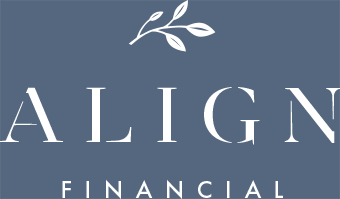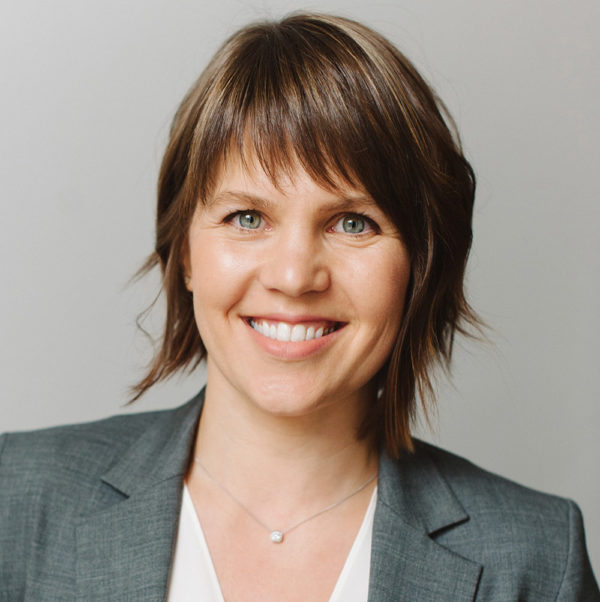You may be wondering what exactly are money boundaries. Put simply, they are rules you set in place to balance the relationship between your finances, your loved ones, and yourself. Setting boundaries with our money has the potential to make our lives happier and healthier.
Have you ever set a boundary that has improved your quality of life? Maybe you started eating less meat or cut back on your alcohol consumption, and now your clothes fit better. Or perhaps you vowed to stop lecturing your daughter about how she raises your grandkids, and now your relationship feels more relaxed. It’s all about awareness, and making choices to help better our lives, and those of the people we care most about.
Setting Money Boundaries Can Change Your Life
Put Your Own Needs First
As we grow older, many of us tend to put others’ needs before our own. We often feel obligated to financially take care of our children, grandchildren, or in-laws, because we want them to be secure.
We shouldn’t take care of our loved ones at our own expense, though. Ask yourself this question: What do you have the right to do for yourself? You have the right to put your own needs first. You have the right to take control of your finances. You have the right to say no when family members ask you for money. You matter.
Set Your Loved Ones up for Success
Do you feel guilty for setting money boundaries? Then try to think of it this way: taking care of yourself is just another way to take care of your loved ones. You may think that helping your son with the downpayment on his house is the best gift you could give. So what if it means placing your own financial needs on the backburner?
However, if you pay off your home, you might be able to avoid moving in with your son later in life. If you pay for life insurance now, your son won’t go into debt paying for your funeral. You may feel selfish, but by taking care of your own financial needs now, you’re actually reducing the burdens your family has to take on later.
Identify Your Money Boundaries
What Are Your Financial Goals?
Financial goals aren’t the same thing as financial boundaries. Think about the goals you want to attain—then consider what boundaries will help you reach those goals.
Need help brainstorming? Here are some examples of money goals:
- Purchase life insurance
- Pay off your house
- Prepare for long-term care later in life
- Pay off all your debts
Can you reach your goals without altering how you spend money? If not, it might be time to set some financial boundaries.
What Money Boundaries Will Help You Achieve These Goals?
There are two types of money boundaries you can set: boundaries for yourself and boundaries for dealing with others.
Here are some examples of money boundaries:
- Don’t take on any new debt
- Set a hard spending limit on holiday presents this year
- Only eat out once per week
- Put your own financial needs before others’
- When family members ask for money, tell them you need a day to think about it, rather than immediately saying “yes”
These are just a few examples. You can choose one or two, or even come up with a few customized boundaries.
Communicate Your Money Boundaries to Others
Identify Your Financial Frenemies
A financial “frenemy” could be a loved one—a family member, close friend, or neighbor—who takes a financial toll on your life.
In her book “Work Your Wealth: 9 Steps to Making Smarter Choices With Your Money,” Mary Beth Storjohann talks about six types of financial frenemies:
- The Entitled Frenemy: “Dad, I’m considering moving back in with you. Don’t worry, it would just be for a year or so.”
- The Budget-Buster: “You want that necklace? Just buy it!”
- The One-Upper: “I like your car. I just bought a 2019 Toyota Corolla.”
- The Priers: “How much did your house cost?”
- The Green-Eyed Monster: “You’re so lucky that you went to college on a full scholarship. I’m in so much debt.”
- The FOMO Frenemy: “Buy that ticket to Europe. It’s a once-in-a-lifetime opportunity!”
Maybe your grown children assume you’ll give them money whenever they ask. You might have a best friend who’s great at encouraging you to seize the day, but she doesn’t understand that you don’t have as much “seize the day” money as she does. Or your father-in-law constantly reminds you that he had a lot more equity by the time he was your age.
Do any of these examples sound familiar? These are your financial frenemies, and they’re the people you need to set boundaries with.
Tell Your Frenemies About Your Boundaries
This step can be the hardest part. Talking about money is considered taboo—but it’s often necessary.
If you’re setting boundaries for yourself, try sharing your personal journey with your loved ones. You know that best friend who encourages you to seize the day? You can tell her you’re trying to eat out less to save money, but that you’d love to have her over for lunch at your place. If she continues to push you to spend money or eat out more, you may have to get more direct.
If you’re setting firm boundaries with other people, sometimes you’ll have to sit down for a big talk. Let’s say your son wants to move back in with you for a year. You could tell him that he can move in rent-free for three months, after which he will need to pay a specific amount in rent and/or chip in for food and utilities.
Ask for Help Setting Money Boundaries
Pinpointing financial boundaries and even financial goals can be tricky. Wherever you are in your financial journey, our team here at Align Financial are here for you. We can help you identify your goals and devise a plan, regardless of whether you want to save, invest, pay off debt, or use your money more creatively. Learn more about how we can help here.
If you’d like to discuss your money boundaries in more detail, we invite you to get in touch. Contact us today to connect.













